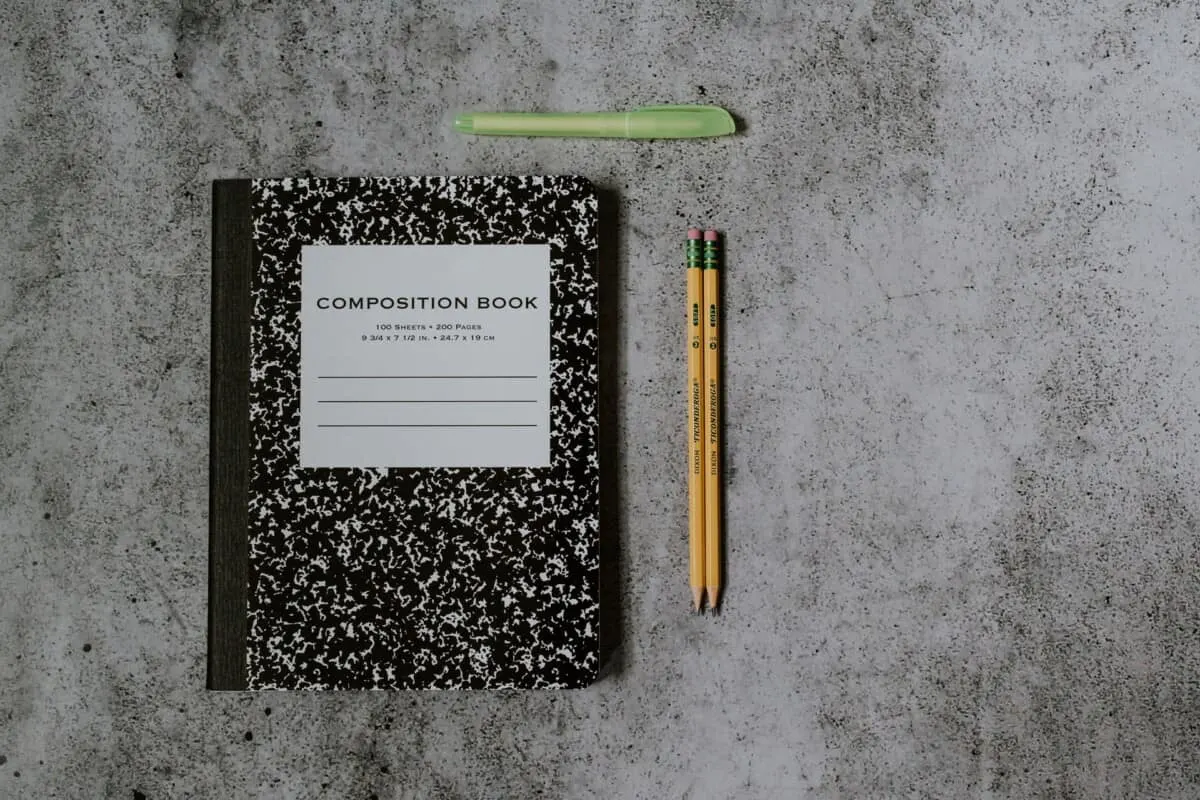Some of the most challenging words to work with in the English language include idioms, phrases, and compound words. A key example is “any day,” which we might consider an idiom, a phrase, or a compound word. Which, then, is correct: “anyday” or “any day”? “Anyday,” is not correct in English. The correct form is …
There are various similar-sounding words in the English language that often result in confusion. A case in point is “than” and “then,” so what is the difference between “other than” and “other then”? You can use “other” with “than” as a conjunction or preposition of comparison but generally not with the preposition of time “then.” …
As you work towards mastering the English language, you need to make sure that your subject and verb agree. This will eventually become automatic because the right choice will sound right, but, initially, you may be confused about whether to ask “Is the list” or “Are the list.” The word list is singular and requires …
English language learners are sometimes confused by the seemingly illogical use of words, and the word “tomorrow” is for many a confusing concept. For example, learners often struggle to understand why we use words with “day” in them for “today” and “yesterday,” but instead of “nextday,” we use “tomorrow.” We use “tomorrow” literally to refer …
You’ve probably heard the English expression “quarter till” in movies, songs, or even your daily interactions. It’s a phrase that refers to telling the time, but it can be a bit tricky to learn the time from this phrase. So, exactly what does it mean when someone says, “a quarter till”? When someone says “a …
English grammar is anything but straightforward. There are rules you can follow, sure, but every rule comes with an exception, and every exception affects the way you interpret the rule. For instance, is “A or B” singular or plural? When “A or B” are both singular nouns connected by “or,” you’ll need a singular verb. In …






